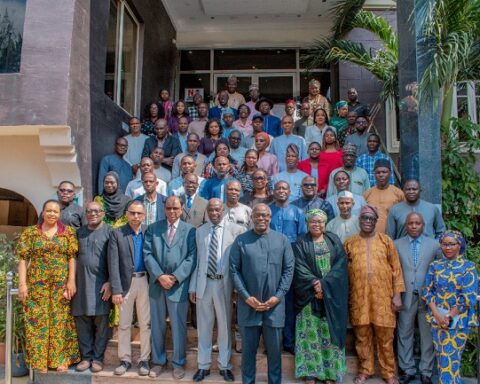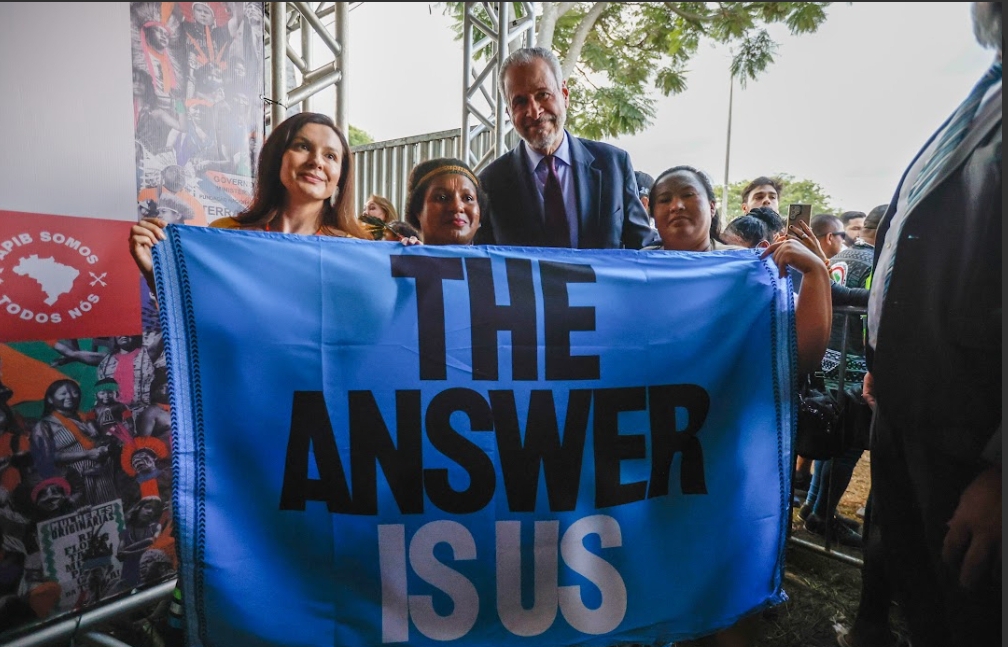The Green Africa Conservation Initiative has urged governments and conservation agencies to treat indigenous communities as equal partners in global climate action, warning that current climate adaptation and mitigation measures risk failure if local realities and traditional knowledge systems are ignored.
Racheal Kakungulu Kirama, Co-Founder and Director of the Green Africa Conservation Initiative in a comment said indigenous peoples provide environmental stewardship to at least 36 per cent of the world’s natural forests, biodiversity, and fragile ecosystems making them central to any meaningful progress on climate targets.
“International climate goals will only succeed if they reflect the local knowledge, perspectives and realities of indigenous communities,” said Kirama.
According to the her these communities contribute significantly to climate resilience through the customary, sustainable use of natural resources and long-standing traditional practices that promote ecological balance.
“It is impossible to effectively combat climate change without putting the rights and knowledge of indigenous communities at the heart of implementing, monitoring and reporting climate actions,” Kirama added.
She also highlights the crucial role of women in advancing environmental protection and climate resilience. It notes that women, particularly in indigenous settings, are at the forefront of environmental stewardship, managing natural resources and passing climate knowledge to future generations.
“Women strengthen resilience to climate shocks by harnessing the power of children and young people as environmental stewards and change agents in communities,” she said.
Kirama called for deliberate efforts to advance gender equality and women’s empowerment in climate action frameworks, arguing that their inclusion enhances the effectiveness of interventions.
She call for a paradigm shift in global and national climate policies, urging stakeholders to move away from top-down approaches and instead collaborate directly with indigenous communities in designing and executing climate solutions.
“Indigenous voices, especially those of women, must be central to climate discourse if we are to build a just, inclusive, and effective response to the climate crisis,” she added.
By Dare Akogun






